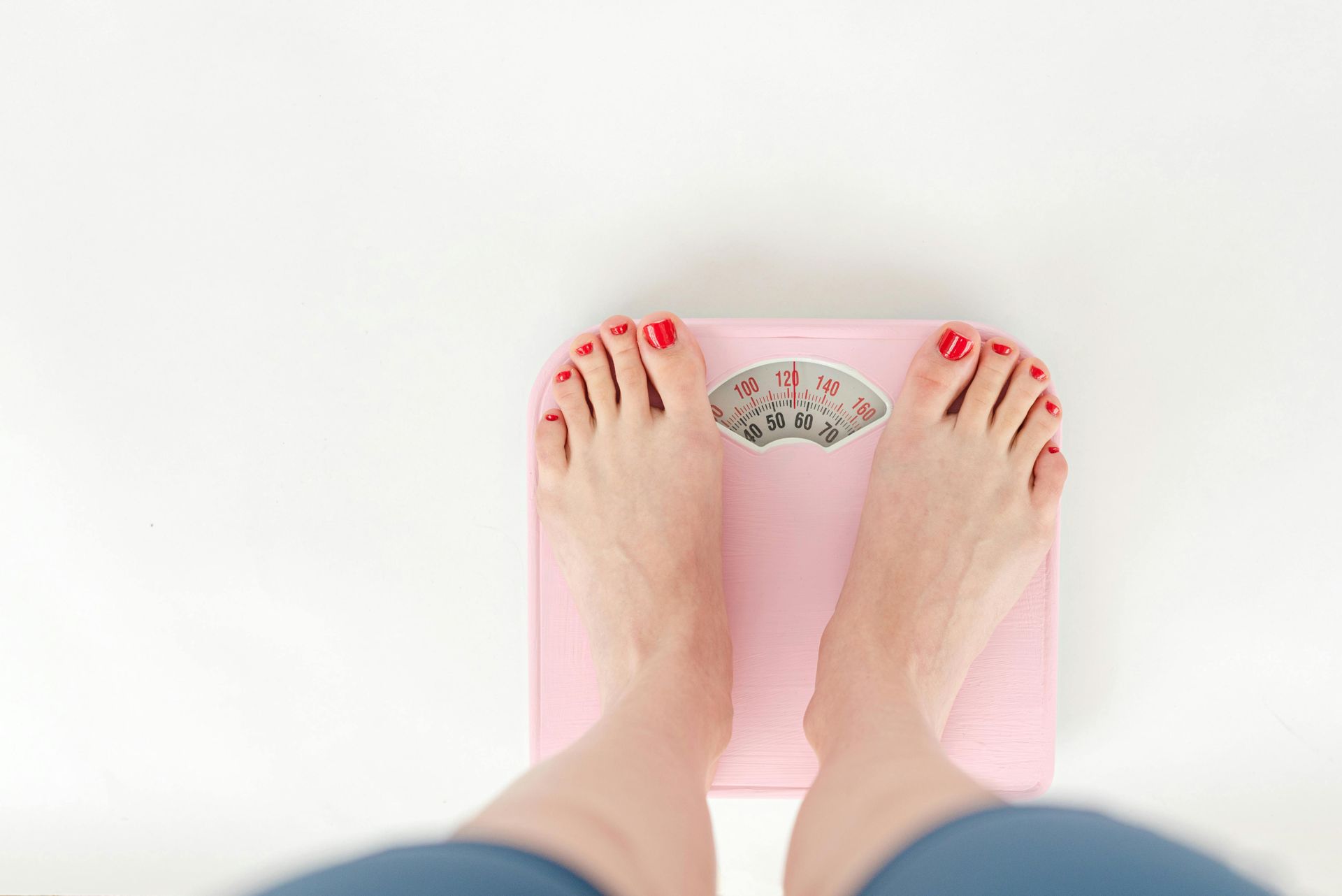Do GLP-1 Medications Cause Muscle Loss? What Patients Should Know
GLP-1 medications like semaglutide and tirzepatide are powerful tools for weight loss—but many patients have heard rumors or headlines warning about possible “muscle wasting.” If you’re considering or already taking a GLP-1, it’s fair to ask: Will I lose muscle along with the fat?
The answer is more nuanced than a simple yes or no. Let’s take a closer look at what we know and how to protect your lean mass while losing weight.
First, What Happens During Weight Loss in General?
Whenever someone loses weight—whether through medication, diet, exercise, or surgery—some of that loss typically comes from fat, and some from lean body mass (which includes muscle, water, and other tissues). This is normal. In fact, even in tightly controlled studies, it’s common to see 20–30% of total weight loss come from lean mass.
But the goal, of course, is to preserve as much muscle as possible while reducing excess fat.
GLP-1 Medications: What the Research Says
GLP-1s like semaglutide and tirzepatide help regulate appetite, slow digestion, and alter hunger signaling in the brain. Most patients eat less without having to force it—and that leads to significant weight loss over time.
Recent clinical trials have shown that weight loss from GLP-1s can be substantial. However, because the medications reduce calorie intake so effectively, some lean mass loss is expected—just as it is in any calorie deficit. That doesn’t mean the medications themselves “cause” muscle loss in a harmful way. It simply means that when people lose weight quickly, they need to be more intentional about maintaining muscle.
Put differently: GLP-1s don’t selectively destroy muscle tissue. But if you’re not eating enough protein or staying active, you may lose more muscle than necessary.
How to Preserve Muscle While Losing Weight
The most effective way to protect your muscle mass on a GLP-1 is to pair your medication with healthy habits that support lean tissue. Here are a few things we recommend to our patients across Texas:
- Eat Enough Protein.
Appetite may go down, but your body still needs building blocks. Focus on high-quality protein sources like poultry, fish, eggs, tofu, beans, or low-fat dairy. Protein is especially important at breakfast and after physical activity. - Stay Physically Active.
You don’t need to be a bodybuilder. Even basic strength exercises like bodyweight squats, resistance bands, or light dumbbells can help maintain muscle. Walking regularly also supports blood sugar balance and general well-being. - Avoid Undereating.
GLP-1 medications reduce appetite, but skipping meals altogether or going too low in calories can make your body pull more from muscle stores. Smaller meals are fine--just make sure they’re balanced and spaced throughout the day. - Talk to a Doctor Who Specializes in Weight Loss.
We built our clinic specifically around GLP-1–based treatment and offer personalized guidance with each plan.
What We Do at Our Clinic
We are a Texas-based telemedicine clinic focused exclusively on medical weight loss using GLP-1 medications. Our practice is led by Dr. Tran Le, a board-certified obesity medicine physician who oversees every aspect of patient care.
We don’t try to sell unrelated treatments, supplements, or cosmetic add-ons. Weight loss is the only thing we do—and we do it with care, clarity, and clinical expertise.
When you sign up, you’ll receive a full medical evaluation. If you qualify, you’ll be prescribed either a name-brand or compounded GLP-1 medication, depending on your needs. Medications can be shipped directly to your home.
Your first consultation is completely free, and our single all-inclusive membership includes ongoing support, prescription management, and provider messaging—no confusing tiers, no hidden fees.
The Bottom Line
GLP-1 medications can lead to significant, medically meaningful weight loss. Like any weight loss method, some loss of lean mass is possible—but it can be minimized with the right habits and professional support.
If you’re ready to lose weight without losing muscle, we’re here to help—with a program that fits your life and respects your goals.
This post is not medical advice. Please consult a doctor before making any healthcare decisions.



